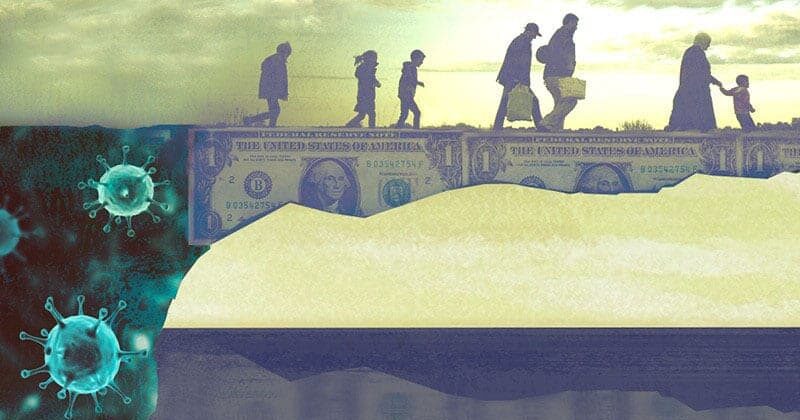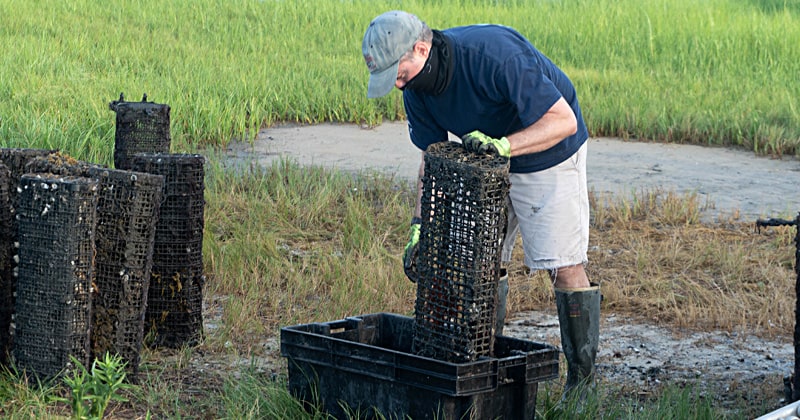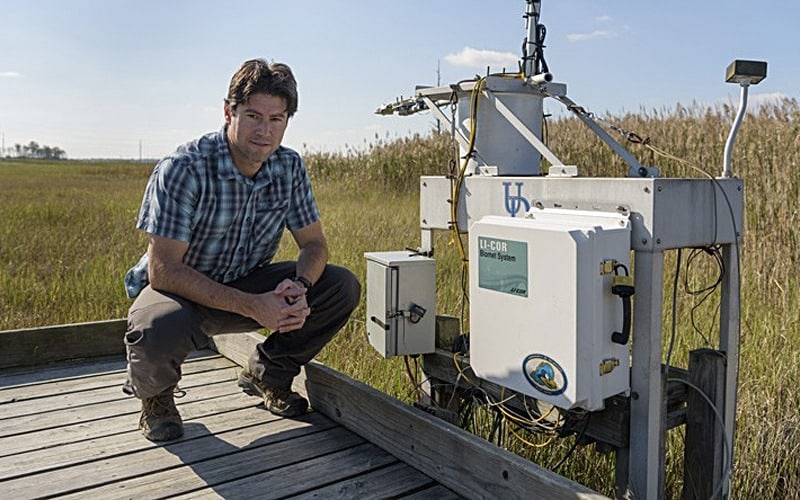 Research & Discovery
Research & Discovery
A Blog Devoted to UD Innovation, Excellence and Scholarship
Research & Discovery
A Blog Devoted to UD Innovation, Excellence and Scholarship
Nobel Laureate to speak at UD
ABOVE: Frances Arnold, the 2018 Nobel Laureate in Chemistry, will speak at the University of Delaware on April 10. | Photos courtesy of the California Institute of Technology
Chemistry winner Frances Arnold to deliver Jefferson Lecture April 10
The only daughter in a family with five children, Frances Arnold is no stranger to having the odds stacked against her. Admitted to Princeton University at a time when few of her peers were women, she is used to charting her own path rather than following established routes.
These early experiences, combined with innate curiosity, led Arnold to consider new ways to engineer proteins in the laboratory that seemed far-flung, but held the potential to revolutionize industrial chemistry.
Arnold, a professor at the California Institute of Technology, won the 2018 Nobel Prize in Chemistry for the “directed evolution of enzymes”— a pioneering method that has yielded whole new families of proteins that speed up chemical reactions. What’s more, these biocatalysts are environmentally friendly, replacing toxic industrial processes.
Her innovative method is now used by hundreds of labs and companies to make products ranging from medicines to biofuels and laundry detergent, moving us closer to a sustainable world.
Arnold will present the Edward G. Jefferson Life Sciences Lecture at the University of Delaware on Wednesday, April 10. Her presentation, “Innovation by Evolution: Bringing New Chemistry to Life,” will begin at 11 a.m. in Mitchell Hall.
The event is free and open to the public. No advanced registration is required.
“Frances is a remarkable scholar whose creativity and ingenuity led to the development of directed evolution, a field that is having a profound impact on multiple fields and society more broadly,” said Charles G. Riordan, UD vice president for research, scholarship and innovation.
I’m excited for the UD community to engage with Frances Arnold, a Nobel laureate, consummate scholar and exceptional educator.”
Following her visit to UD’s Newark campus, Arnold will receive The Franklin Institute’s 2019 Bower Award and Prize for Achievement in Science on Thursday, April 11. She will be presented the award, which includes a 14-karat gold medal and a cash prize of $250,000, alongside seven other laureates at the Franklin Institute awards ceremony and dinner.
First awarded in 1990, this year’s theme for the Bower Award and Prize for Achievement in Science was “green and sustainable chemistry.” Arnold was selected for “pioneering the development of directed protein evolution,” which led to a paradigm shift in the engineering of biological catalysts that mimics natural evolution in a laboratory setting. Today this method enables manufacturing processes that are greener, less energy-intensive and less polluting.
About Frances Arnold
Frances Arnold is the Linus Pauling Professor of Chemical Engineering, Bioengineering and Biochemistry and director the Donna and Benjamin M. Rosen Bioengineering Center at the California Institute of Technology. In 2018, Arnold became the first American woman, and only the fifth woman worldwide, to receive the Nobel Prize in Chemistry.
Arnold has received many scientific awards and honors for her groundbreaking achievements in science and engineering. She is one of a small handful of researchers elected to all three branches of the U.S. National Academies (science, engineering and medicine). Among other memberships, Arnold is a fellow of the American Association for the Advancement of Science and the American Academy of Arts and Sciences.
The Edward G. Jefferson Lecture is named in honor of the late chairman and chief executive officer of DuPont, UD trustee emeritus and UD benefactor. The lecture is endowed by a gift from the Unidel Foundation.





